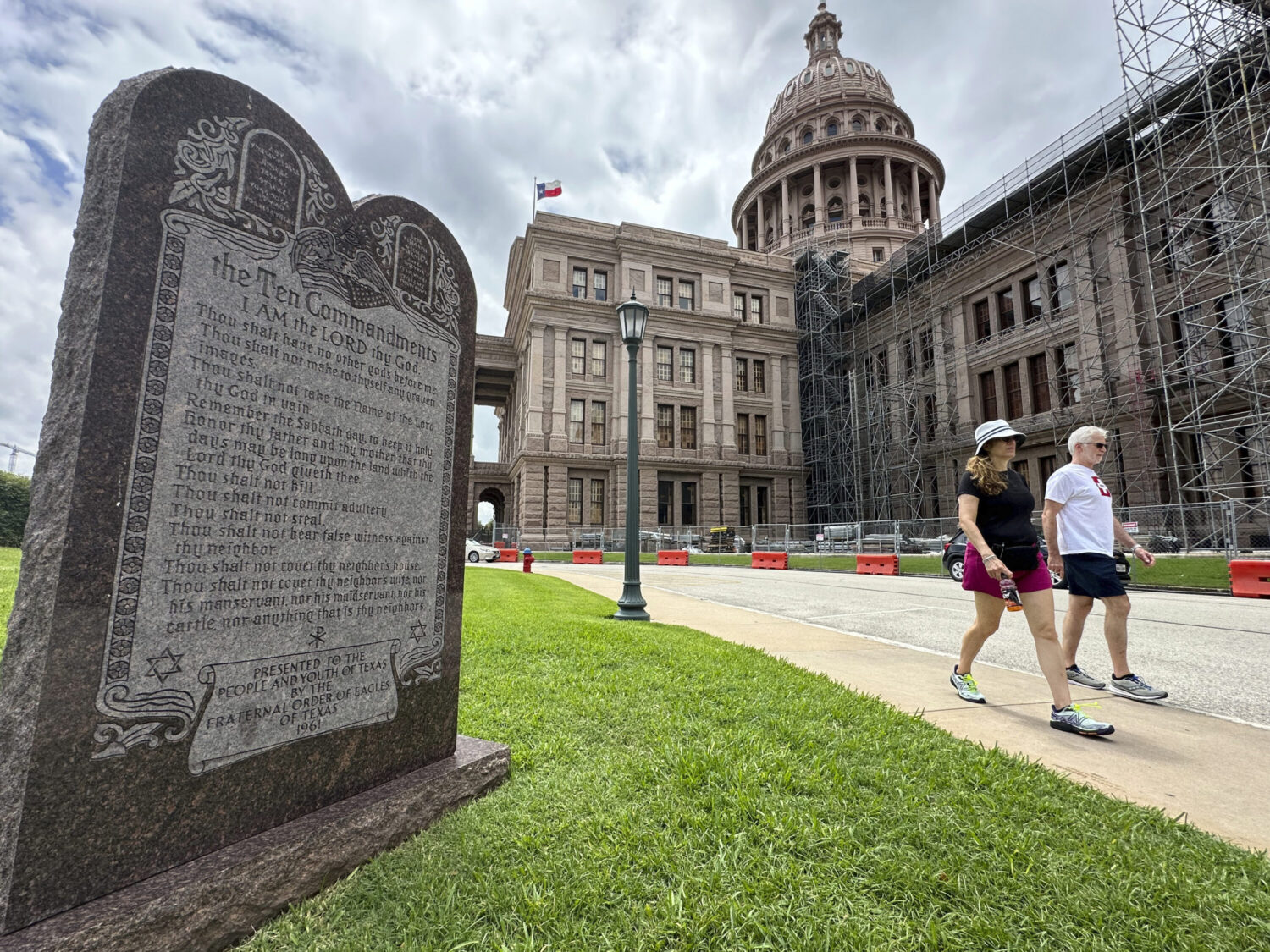Texas House Passes Bill Requiring Ten Commandments in Public Schools
The Texas House has passed a bill that requires the display of the Ten Commandments in every public-school classroom in the state. Senate Bill 10, which was passed on Sunday, will now return to the Senate for concurrence before heading to the desk of Gov. Greg Abbott, who is expected to sign it into law.
Opposition to the Bill
Many have expressed concerns that the bill violates the Establishment Clause of the First Amendment to the U.S. Constitution, which separates church and state. State Rep. Vincent Perez (D-El Paso) argued that posting religious texts without context can promote one religion over others, which is forbidden by the Constitution. "Posting religious texts without context doesn’t teach history," Perez said. "It risks promoting one religion over others, something our Constitution forbids."
The Bill’s Provisions
The bill requires every public-school classroom in Texas to display a version of the Ten Commandments using the same language from the King James Bible as used on the Ten Commandments monument outside the Texas State Capitol in Austin. The measure will take effect on September 1 if signed by Abbott.
Historical and Legal Context
State Rep. Candy Noble (R-Lucas), the bill’s sponsor in the House, argued that the Supreme Court has already upheld the display of the Ten Commandments outside state legislatures. However, Perez claimed that this ruling does not apply to displays in public schools. He cited the 1980 decision in Stone v. Graham, which struck down a Kentucky law that mandated the display of the Ten Commandments in classrooms.
Concerns About Religious Diversity
Democratic lawmakers offered several amendments to the bill, including proposals to display Jewish and Catholic translations of the Ten Commandments alongside the Protestant King James Bible. They also suggested displaying texts from other religious traditions, such as Hinduism, Islam, and Buddhism. However, these amendments were defeated.
Potential Consequences
Many Democrats expressed concerns that the bill could lead to legal challenges and create difficulties for public school teachers. State Rep. John Bryant (D-Dallas) warned that the bill could be used to introduce an explicitly Christian worldview into public schools, which could lead to conflicts and controversies.
Final Debate
The final speaker against the bill was state Rep. James Talarico (D-Austin), a former public school teacher and current seminary student. He argued that the bill would have the opposite of its intended effect, suggesting it would create a generation of atheists rather than Christians. "There is a spiritual crisis in our world that must be addressed, but this bill is not the way to address it," Talarico said.
Conclusion
The passage of Senate Bill 10 has sparked controversy and debate about the role of religion in public schools. While supporters of the bill argue that it promotes traditional values and morals, opponents claim that it violates the separation of church and state and could lead to legal challenges and conflicts. As the bill heads to the Senate for concurrence, it remains to be seen how this issue will play out in the coming weeks and months.




